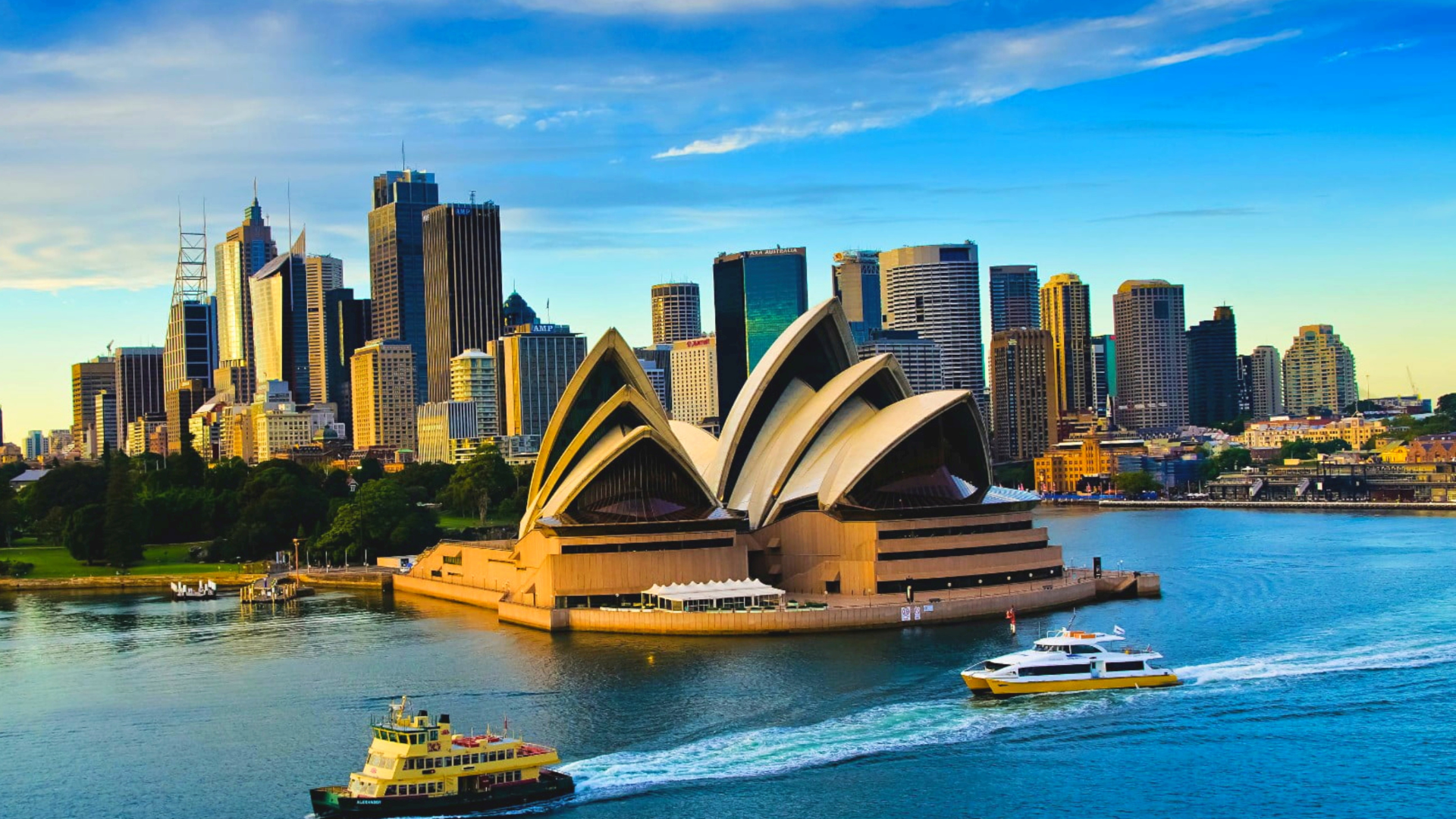Indochina, mainly countries like Vietnam, Cambodia, Laos, Myanmar and Thailand, has long been known for its rich cultural heritage, stunning landscapes and diverse ecosystems.
However, as tourism boomed and developed accelerated, the region faced significant environmental and social challenges. In recent years, though, there has been a remarkable shift towards sustainable and responsible practices, benefiting both the people and the environment.
1. Preservation of Cultural Heritage

One of the hallmarks of Indochina is its vibrant cultural tapestry, reflected in ancient temples, traditional crafts and indigenous communities. Recognizing the importance of preserving this heritage, governments and local communities have taken proactive steps to safeguard cultural sites and traditions.
In Cambodia, for instance, the Angkor Archeological Park, home to the iconic Angkor Wat, has implemented sustainable tourism initiatives. Revenue generated from entrance fees is reinvested into conservation efforts and community development projects. Similarly, Vietnam has promoted responsible tourism in its historic town like Hoi An for example, where efforts to preserve the UNESCO World Heritage site have been coupled with initiatives to support local artisans and traditional crafts.
2. Environmental Conservation

Indochina boasts some of the world’s most biodiverse ecosystems, including lush rainforests, sandy beaches and wonderful mountains. Even in their local cities, you can notice a more fluid blend of trees and buildings, where a happy balance is created. Recognizing the urgent need for environmental conservation, governments and NGOs have initiated various goals to protect these natural wonders.
In Laos, the Nam Et-Phou Louey National Protected Area has become a model for community-based ecotourism. Local villages participate in wildlife conservation and benefit from tourism revenues, providing them with incentive to protect the area’s biodiversity. Thailand’s efforts to promote sustainable tourism in its marine parks, such as the Phi Phi Islands, have focused on reducing plastic pollution and promoting responsible diving practices to safeguard fragile coral reefs.
3. Empowering Local Communities

Sustainable development in Indochina is intrinsically linked to empowering local communities and ensuring they reap the benefits of tourism. From homestays in rural villages to community-owned enterprises, initiatives aimed at equitable economic distribution have gained traction across the region.
In Myanmar, community-based tourism initiatives in ethnic minority areas like the Inle Lake region have provided villagers with alternative sources of income while preserving their cultural heritage. Similarly, Thailand’s “Sufficiency Economy Philosophy” has encouraged communities to embrace self-reliance and sustainable agricultural practices, reducing dependence on environmentally harmful industries.
4. Promoting Responsible Travel

Central to Indochina’s sustainable development efforts is the promotion of responsible travel practices among visitors. Tour operators, hotels and government agencies have collaborated to raise awareness about issues such as wildlife trafficking, cultural sensitivity and environmental conservation.
In Vietnam, eco-friendly accommodations and responsible tour operators are increasingly popular among travelers seeking authentic experiences that minimize their environmental footprint. Cambodia’s “Clean City, Clean Resort, Good Service and Hospitality” campaign has focused on waste management and responsible tourism practices in popular destinations like Siem Reap and Sihanoukville.
5. Promoting Sustainable Transportation
In addition to conservation efforts and community empowerment, Indochina has also made progress in promoting sustainable transportation options to reduce carbon footprints and minimize the environmental impact of travel.
Countries like Vietnam and Thailand have invested in developing public transportation infrastructure, including efficient bus and train networks, to provide visitors with eco-friendly alternatives to private vehicles. In Vietnam specifically, the expansion of motorbike- and bicycle-sharing programs in cities like Hanoi and Ho Chi Minh City has not only reduced traffic congestion but also encouraged tourists to explore destinations in a more environmentally friendly manner. Less cars on the road greatly decreases the carbon footprint left in the cities.
Furthermore, initiatives promoting electric vehicles and green technologies in tourism fleets have gained traction across the region. In Thailand, for instance, eco-friendly tuk-tuks and electric taxis have become increasingly prevalent in tourist hotspots like Bangkok and Chiang Mai, offering visitors a convenient and sustainable way to explore the cities.
6. Embracing Reusable Bottles and Reducing Plastic Waste

Following a wider-known trend, Indochina has also started on reducing single-use plastic waste, particularly through the promotion of reusable water bottles. Plastic pollution poses a significant threat to the region’s pristine environments and marine ecosystems, prompting concerned efforts to curb its proliferation.
Across Indochina, travelers are encouraged to carry reusable water bottles and utilize refill stations provided by hotels, restaurants and public facilities. In Cambodia, the Refill not Landfill campaign has gained widespread support, with numerous businesses offering free water refills to those with reusable bottles, reducing the demand for single-use plastic water bottles.
Moreover, governments have implemented policies to restrict the sale and distribution of single-use plastics in popular tourist destinations. In Thailand, bans on plastic bags and straws have been enforced in national parks and marine reserves, encouraging visitors to adopt more sustainable practices.
Indochina’s journey towards sustainable development and responsible tourism is a testament to the region’s commitment to preserving its cultural heritage, protecting its natural environment, and empowering its communities.
By embracing innovative approaches and working together with local communities, Indochina has emerged as a model for sustainable and responsible practices that benefit both present and future generations.
As the world deals with the challenges of climate change and over tourism, the lessons learned from Indochina’s experience serve as an inspiration for other destinations seeking to balance development with environmental and social responsibility.







